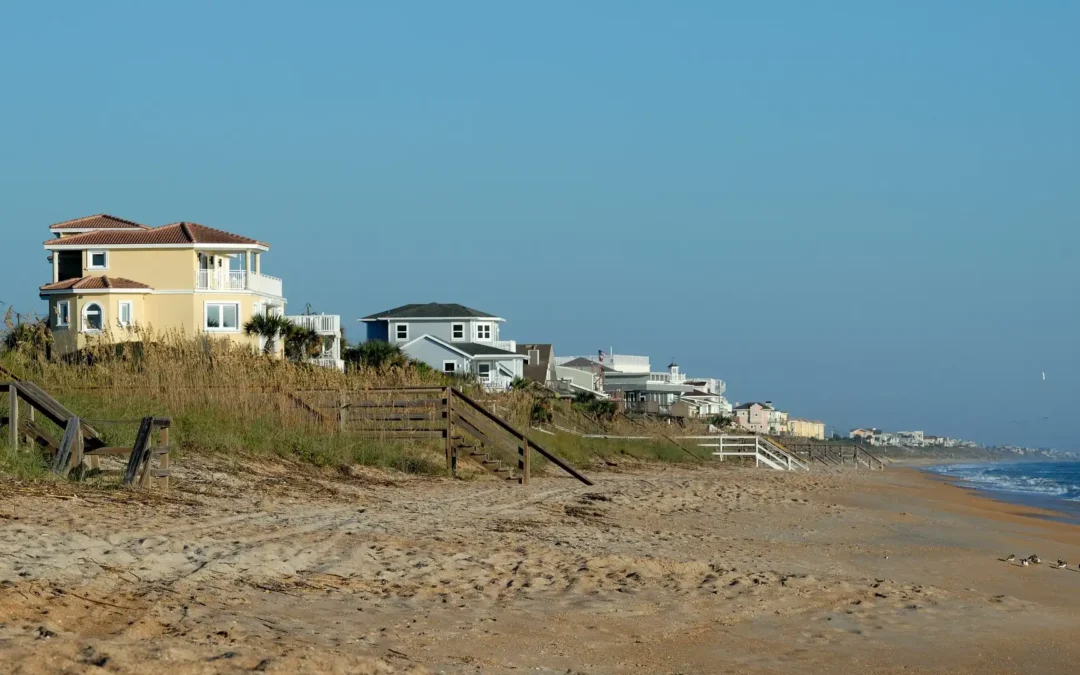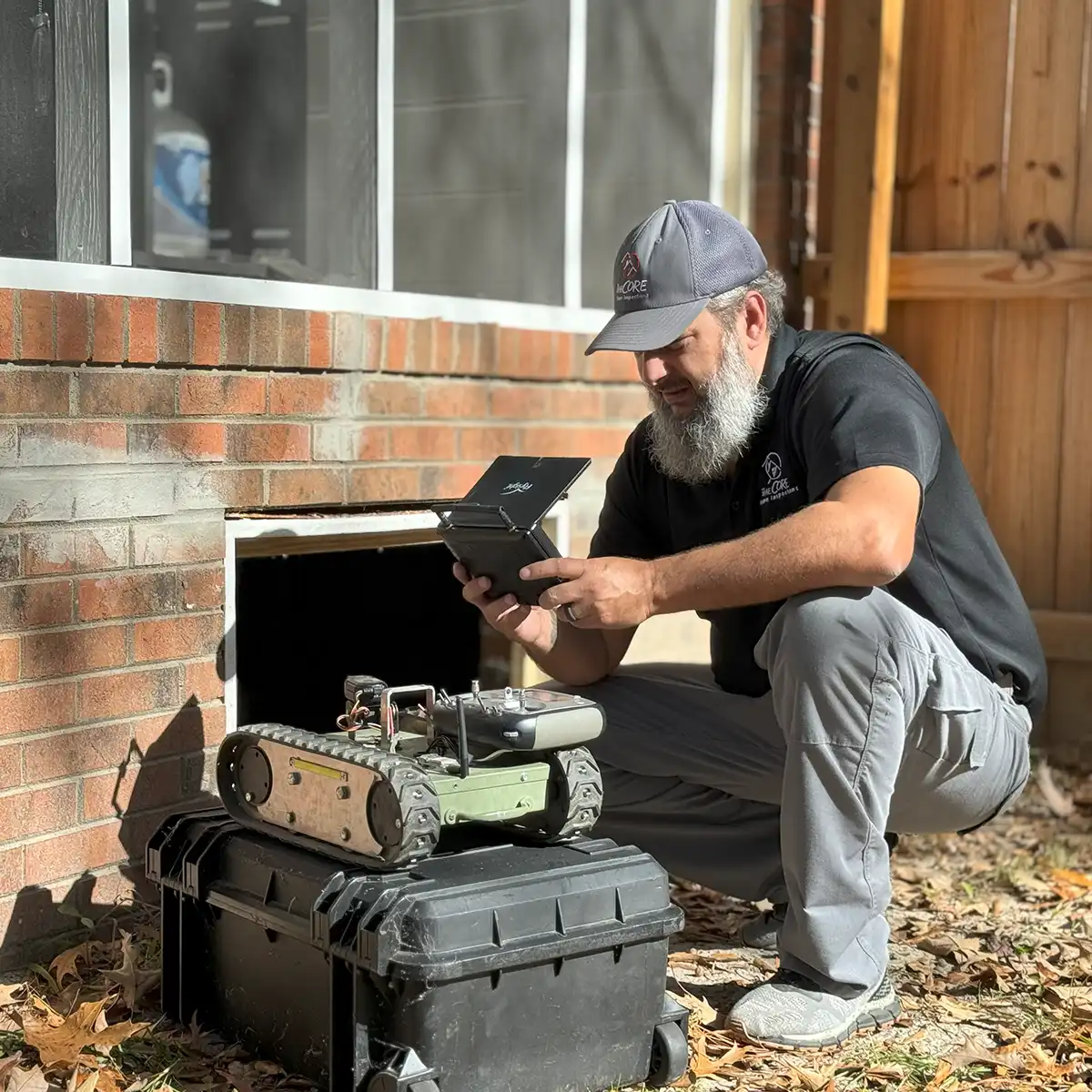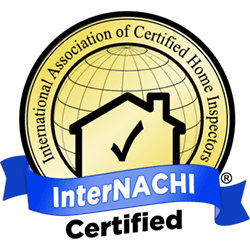Common Home Inspection Issues in Eastern North Carolina
As a home inspector working in Eastern North Carolina, I frequently encounter certain recurring issues in homes across the region. This area has unique challenges, and many of the problems I find are tied to the climate and local building standards. Here, I’ll outline some of the most common home inspection issues and explain what they mean for homeowners and buyers.
1. Moisture Issues and Mold Growth
Moisture is a major concern in Eastern North Carolina, especially in areas with high humidity. It can lead to serious structural issues and mold growth, which poses health risks. Moisture problems are often caused by poor insulation, leaky roofs, or improperly sealed windows and doors. When moisture seeps into walls or wooden structures, it can lead to warping, cracks, and mold.
Mold often becomes visible only after it has spread behind walls or under floors. This is where specialized inspection techniques, like air sampling or thermal imaging, help identify hidden moisture sources before they become a serious problem.
2. Roof Problems
Roofs are another common weak spot during home inspections in Eastern North Carolina. In coastal areas and places with heavy rainfall or intense sun, roofs take a beating. A poorly maintained or damaged roof can lead to leaks and significant structural damage. During inspections, I pay close attention to worn or missing shingles, loose roofing parts, and signs of water damage in the roof structure.
For buyers, roof issues should be considered carefully, as they can indicate the need for repairs or even roof replacement. A leaky roof poses a risk to the entire structure and can be costly to repair.
3. Crawl Space Issues
The crawl space is an area that many homeowners rarely enter or even think about. However, it can harbor a range of common home inspection issues, particularly in the humid climate of Eastern North Carolina. Moisture tends to accumulate in crawl spaces, encouraging mold growth and even attracting pests.
Many homes in the area have crawl spaces with inadequate ventilation, which traps moisture. Common issues here also include poor insulation and worn flooring. When inspecting a crawl space, I look for signs of moisture, mold, and potential termite or pest damage. Maintaining this area is essential, as problems here can eventually impact the entire structure of the house.
4. Electrical System Deficiencies
Outdated or faulty electrical systems are also common home inspection issues. In many older homes, the wiring hasn’t been upgraded to meet modern standards, which can pose a safety risk. Obsolete circuit boxes or poorly secured outlets and switches are potential hazards that can lead to fires.
Whenever I encounter electrical problems during an inspection, I make sure to point them out clearly. Upgrading the system is often essential to ensure the home’s safety.
5. Inadequate or Missing Insulation
Many homes in Eastern North Carolina have insufficient insulation. In areas with high temperatures and humidity, proper insulation is essential for keeping energy costs in check and maintaining a comfortable indoor climate. Especially in older homes, I frequently find that insulation is lacking, leading to high heating and cooling costs.
Investing in better insulation is almost always worthwhile. For buyers, this is a point they can discuss during price negotiations, and for homeowners, it’s definitely an upgrade that pays off.
Conclusion
Home inspections are especially important in Eastern North Carolina, where the climate and local building practices often lead to specific issues. Moisture problems, roof damage, crawl space issues, and outdated electrical systems are some of the most common home inspection issues I encounter. For homebuyers, it’s essential to be aware of these potential weaknesses and make sure their new home is in good condition.
If you’re planning to buy a home and want peace of mind, consider scheduling an inspection today. Book now to make sure your investment is protected from the start.



